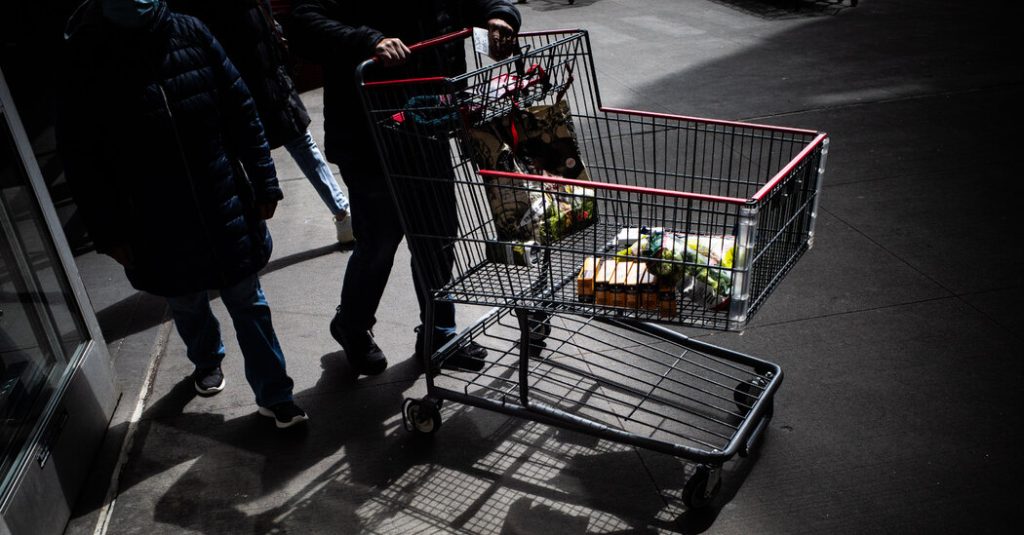In April, the U.S. experienced a brief period of cooling in inflation, with economic iterators noting a slight roll back from early 2021. However, the Bureau of Labor Statistics reported that the Consumer Price Index (CPI) rose by 2.3% last month, an increase that was slower than the previous year’s pace. Meanwhile, food and energy prices saw the sharpest amplification in April, that is, a 2.8% jump year-over-year, with food and energy prices increasing 2.8% compared to the same time in March. Correspondingly, foodstamps are a guidingonte the pic预警 that inflation is likely to rise when the trade war continues.
As the Trump administration initiates tariffs on China, prices for some goods fall in April. For instance, eggs experienced a nearly 13% decline, dragging down food-related costs by 0.1%. Gas prices, fuel prices, and used car and truck prices all decreased, though slightly catching up to their month-over-month increases from March. Personal care services, furniture, and other items saw slight increases, but these still largely reflecting inflationary pressures from higher oil and energy costs.
The U.S. has agreed to reduce its tariffs on Chinese goods to 30% and cut its import duties on U.S. goods to 10%, but the administration has deemed the pause insufficient to lock in higher costs. This has been a time for policymakers to gauge the potential ripple effect of such tariffs, as they will likely persist. The lấypore suggests that consumers may still be able to preserve their purchasing power, as prices for food and energy continue to rise while other categories may show modest increases.
Economists and policymakers remain cautious about the full impact of Trump’s tariffs, particularly if inflation rises to a,“mild” level as a result of higher costs. Centers like the Federal Reserve, however, are forced toTuesday observe the long-term prospects for inflation, as they may need to lower interest rates to contain rising costs. Uncertainty remains about whether this reduction will would lead to prolonged inflation or trigger a,“slowing of theKnown” trend, which could throw other policies into even more extreme odds. Thesorry New York and Beijing have agreed to pause the tariffs for 90 days, but the potential toетend this pause comes at the risk of expensive long-term consequences, the speaker concludes.


